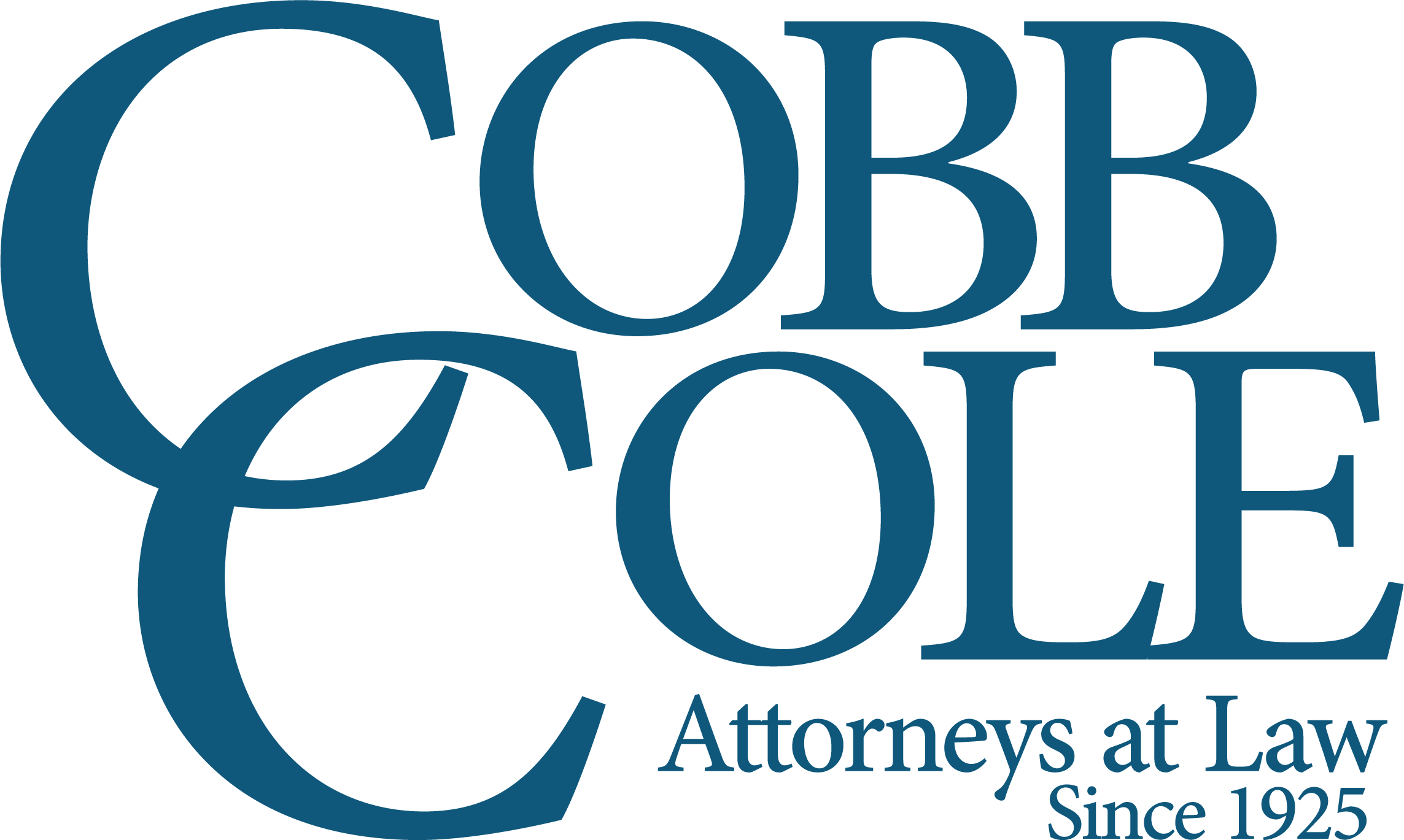Florida courts may modify spousal support (alimony) when a substantial, material, and unanticipated change in circumstances affects either party’s ability to pay or need for support. Changes in income, employment, health, or retirement status can all trigger a review, but modification is not automatic and depends on factual proof and procedural compliance.
What Qualifies as a Change in Circumstances?
Florida courts apply a high threshold for what counts as a valid reason to revisit alimony. The most commonly recognized justifications include:
- Significant decrease in income: Job loss, business failure, or a sustained reduction in earning capacity.
- Retirement: Particularly relevant for older payors seeking relief.
- Improved financial position of the receiving spouse: Including new supportive relationships.
- Disability or serious health event: For either party, if it materially alters financial needs or ability to pay.
- Changes in living expenses: Often tied to relocation, medical costs, or inflationary factors.
The change must be substantial, not temporary, or self-inflicted. For example, voluntarily quitting a job is unlikely to persuade a court.
Limits Based on Type of Alimony
Florida courts differentiate between types of alimony:
- Durational alimony may be modified in amount but not in length, except under exceptional circumstances.
- Bridge-the-gap alimony is not modifiable.
- Rehabilitative alimony can be modified or terminated if there is noncompliance with the rehabilitative plan or a substantial change in circumstances.
The parties’ original marital settlement agreement or final judgment stands. If it includes a waiver of modification rights, the court typically honors that.
Strategic Considerations
There are also practical limits:
- Timing matters – Courts may view rapid petitions with skepticism if the change is recent or unverified.
- Cost-benefit analysis – Legal fees can outweigh the potential adjustment unless the financial change is substantial.
- Negotiation may be more efficient – In many cases, working through counsel to reach a revised agreement outside of court can lead to avoiding unpredictable rulings.
The Family Law team at Cobb Cole assists clients on both sides of alimony matters, from drafting enforceable settlement terms to litigating modification claims and in all aspects of the divorce process.
Practical Guidance
Before seeking or contesting a modification:
- Review the original order or agreement for any clauses restricting modification.
- Gather thorough documentation of financial changes.
- Consider mediation or negotiation as alternatives to litigation.
Support orders are not immune to life’s volatility. Whether you are seeking relief or defending against a proposed change, working with counsel early on can clarify your options and improve outcomes. Cobb Cole’s Family Law group handles alimony modification petitions across Volusia and Flagler Counties and beyond, helping clients navigate the complexities of evolving financial obligations.

